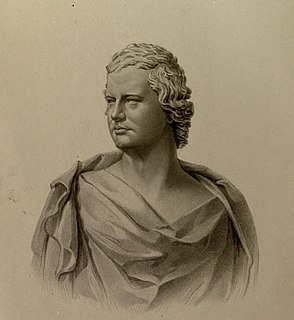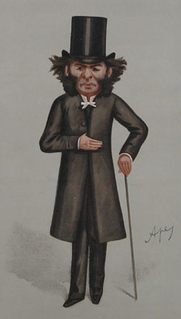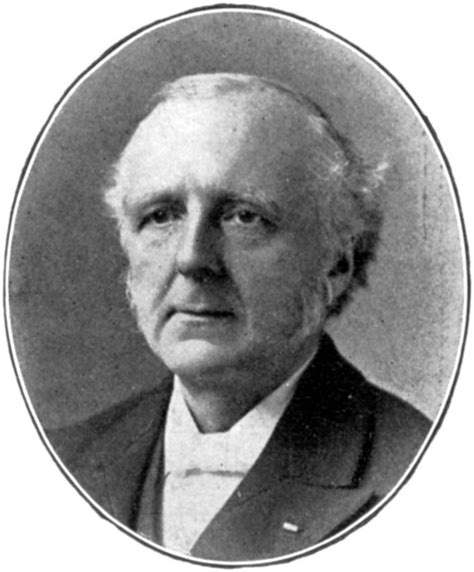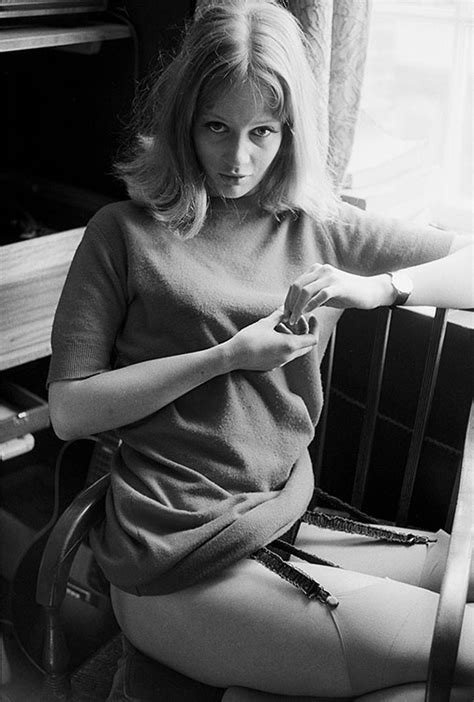A Quote by William Edmondstoune Aytoun
They bore within their breasts the grief That fame can never heal- That deep, unutterable woe Which none save exiles feel.
Related Quotes
All those years I fell for the great palace lie that grief should be gotten over as quickly as possible and as privately. But, what I've discovered is that the lifelong fear of grief keeps us in a barren, isolated place, and that only grieving can heal grief. The passage of time will lessen the acuteness, but time alone, without the direct experience of grief, will not heal it.
It reveals us to ourselves, it represents those modulations and temperamental changes which escape all verbal analysis, it utters what must else remain forever unuttered and unutterable; it feeds that deep, ineradicable instinct within us of which all art is only the reverberated echo, that craving to express, through the medium of the senses, the spiritual and eternal realities which underlie them.
Can I see another's woe, And not be in sorrow too? Can I see another's grief, And not seek for kind relief? Can I see a falling tear, And not feel my sorrow's share? Can a father see his child Weep, nor be with sorrow filled? Can a mother sit and hear An infant groan, an infant fear? No, no! never can it be! Never, never can it be!






































